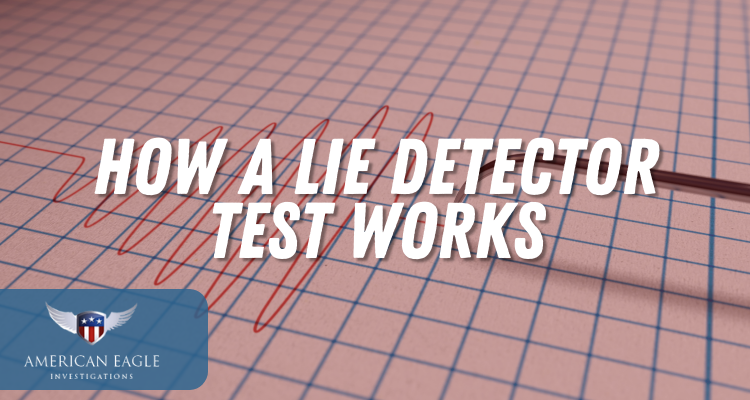- 1-905-452-8193
- Contact Us
- Member Login
- Get Listed Today
- 220,911 members

Lie detector tests, also known as polygraph examinations, have been used for decades to try to determine truthfulness versus deception. It’s helpful to understand how lie detectors work and what their limitations are to better understand what a lie detector can and cannot discover. It’s also helpful to know how to get a lie detector test and where you can go to find a reputable lie detector testing location.
A polygraph machine is capable of measuring the physiological responses a person gives when answering a question that are believed to be associated with deception. The key physiological indicators monitored during a lie detector test include heart rate, blood pressure, respiratory rate, and skin conductivity. These parameters will typically change when a person is under stress, which is an indication of deception.
Before The Test
Before the actual lie detector test, the examiner conducts a pre-test interview to establish a baseline for the individual's physiological responses. The person getting the test will be hooked up to the machine and have a conversation with the tester to prepare them for the actual test. This interview involves discussing the questions that will be asked during the test to make sure the person is mentally and emotionally prepared.
During The Test
While the polygraph is being conducted the examiner will ask a few established questions, at our NYC polygraph testing location we recommend 3-5 relevant questions but you can ask more. The questions asked during a polygraph test are typically categorized into relevant, irrelevant, and control questions. Relevant questions pertain to the issue under investigation, while irrelevant questions serve as baselines. Control questions are designed to elicit a physiological response in everyone, making it easier to differentiate deceptive responses.
During the test, the polygraph machine will continuously record the physiological responses of the person while the examiner asks a series of questions. The examiner monitors any changes in the baseline measures and looks for patterns associated with stress or deception.
After The Test
Once the data has been collected it is then analyzed by the examiner. Significant changes in physiological responses during the relevant questions compared to baseline or control questions may indicate deception. However, it's crucial to note that stress or anxiety about the test itself can also influence these physiological measures, leading to potential false positives.
Lie detector tests rely on the examiner's expertise in interpreting physiological data to determine if the person getting the test is being truthful or not. This is why it is so important to make sure you book a lie detector test with an experienced professional.
How To Get A Lie Detector Test
Lie detector tests, despite their portrayal in popular culture, are complex instruments that rely on the monitoring of physiological responses associated with stress. While they can be a valuable tool in certain investigative contexts, their reliability is not perfect. When you are looking to book a polygraph test it is a fairly easy process. You simply look for a lie detector testing location near you and contact their office to book your appointment. Then you will be asked to fill out registration forms from the exam’s office. It is always best when trying to get a lie detector test to make sure that your tester has experience in this field and positive reviews that speak to their credibility and ability to carry out this task and interpret the results correctly. After all, it is the truth at stake
|
|
